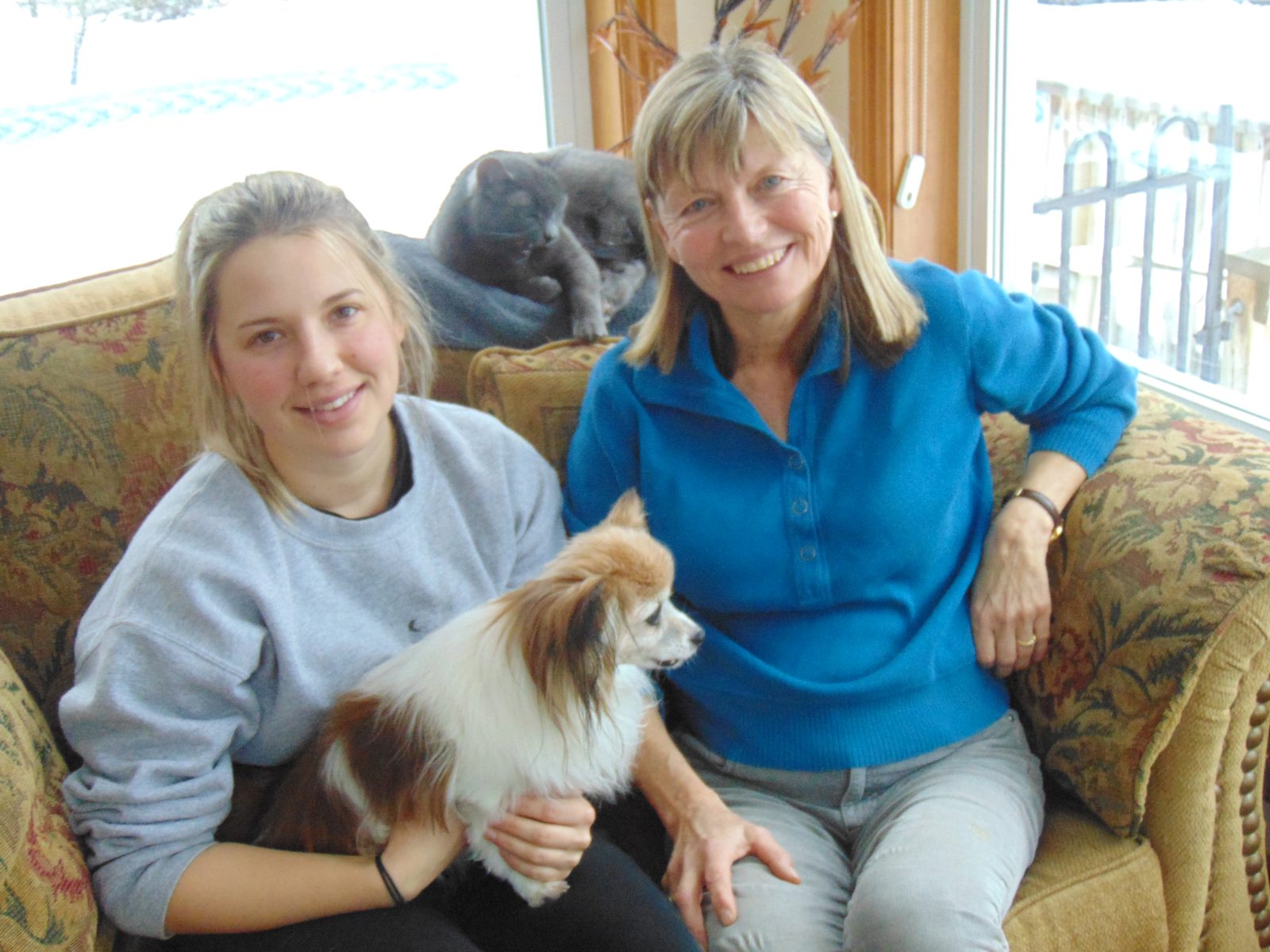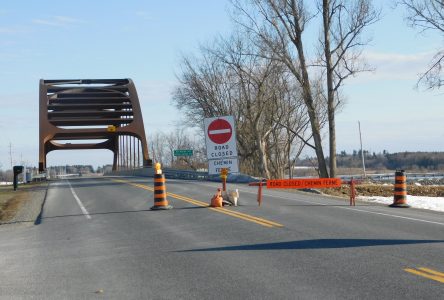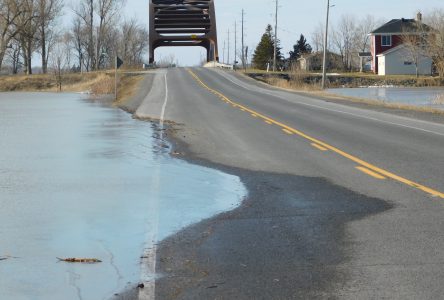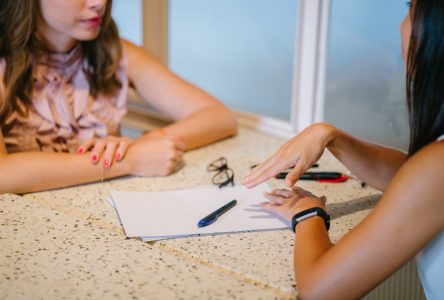Van der Linden and Thomas are both veterinarians, and they are taking part together, this January, in a Veterinarians Without Borders’ (VWB) mission to Ghana in West Africa. The goal is to help teach better animal husbandry techniques to local farmers in small rural villages, so they earn more money for themselves and their families, and also ensure a healthy local domestic food supply.
Mother-daugher duo team up for farm aid mission in Ghana



